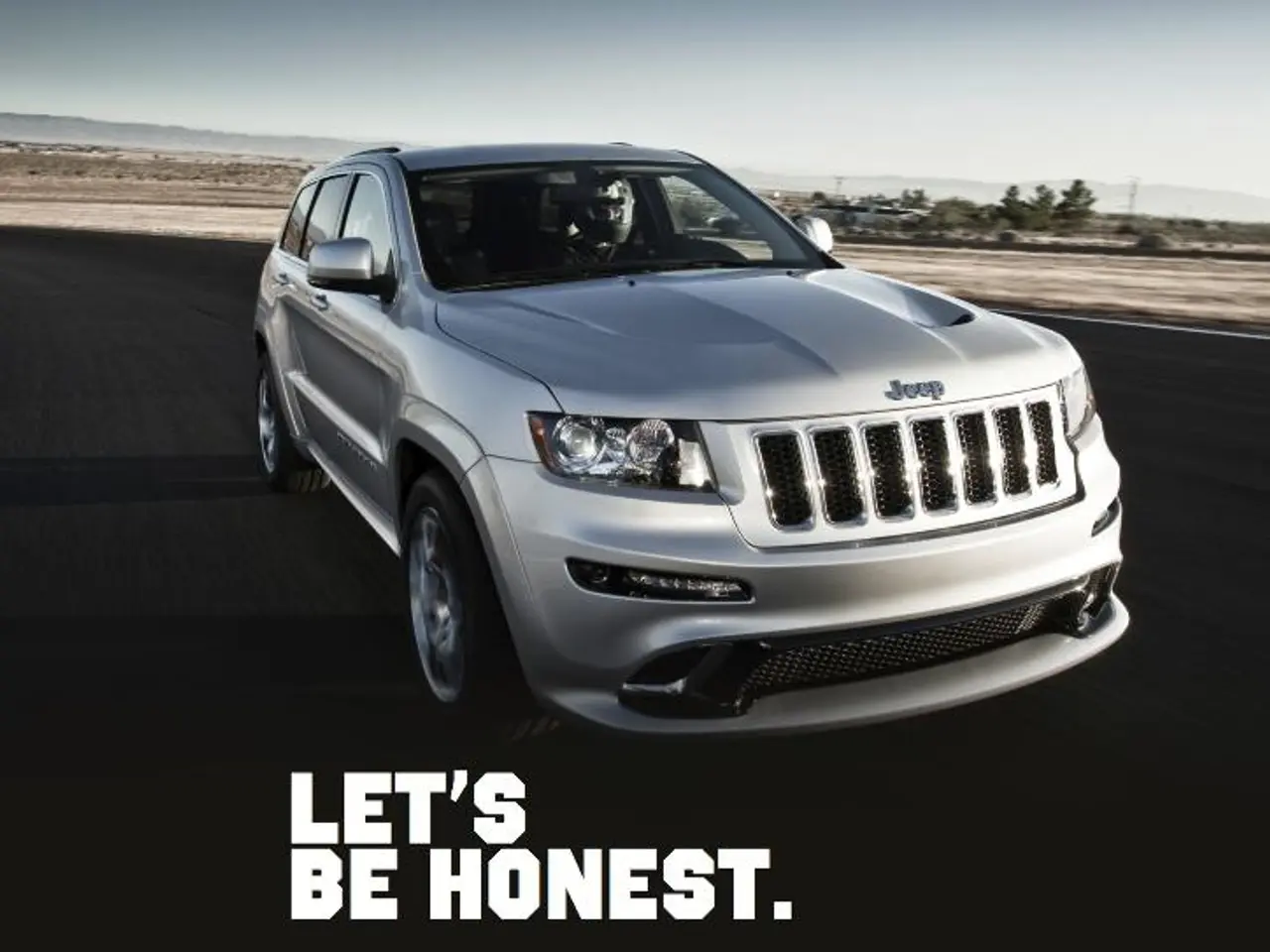Indian market presents significant challenges for Tesla due to taxation policies, as the company prepares for its anticipated entrance.
Tesla, the American electric vehicle (EV) manufacturer, has released its Q1 2025 financial results, revealing a 71% decrease in net income compared to the same quarter last year. The company attributes this decline to uncertainties in global automotive markets and rapidly evolving trade policies.
In a surprising move, CEO Elon Musk has scrapped plans to develop a sub-$25,000 car. However, the focus remains on the Model Y, which will be used in a pilot project for the Cybercab in the US. The company plans to run a similar project in June with "maybe 10 or 20" Model Y vehicles.
Tesla is set to debut in India in 2025, marking its entry into the Indian market. The first models that Tesla brings to India are likely to be the Model Y and the lower-priced Model 3. The company is at risk of facing difficulties establishing a value-for-money proposition due to increased prices, resulting from a 70% tariff and a 30% luxury tax.
In an effort to establish a stronger presence in India, Tesla is publishing job openings and is likely to own and operate all its own dealerships in the country. The first Tesla dealership in India is expected to open in Mumbai's Bandra Kurla Complex, with another location in Aerocity, just outside New Delhi, reportedly in the works.
The political climate has not been favourable for Tesla, with protests and boycotts targeting the brand due to Musk's political activism in the US and Europe, as well as his position as senior advisor to US President Trump. This activism has also impacted Tesla's reputation for innovation in the automotive and tech industries.
Sales of Tesla have fallen by over 60 percent in Germany, where Tesla operates a Gigafactory production facility. The company is at risk of losing market share to emerging competitors and established brands as their electric cars become more sophisticated.
Despite the challenges, Musk is pushing ahead with autonomous taxis and buses, with the Cybercab set to start manufacturing in 2026. However, the Cybercab project is not expected to start manufacturing until 2026.
Tesla did not provide guidance for its prospects in the near future, leaving investors and stakeholders eagerly waiting for the company's next moves in the rapidly evolving global automotive market.








